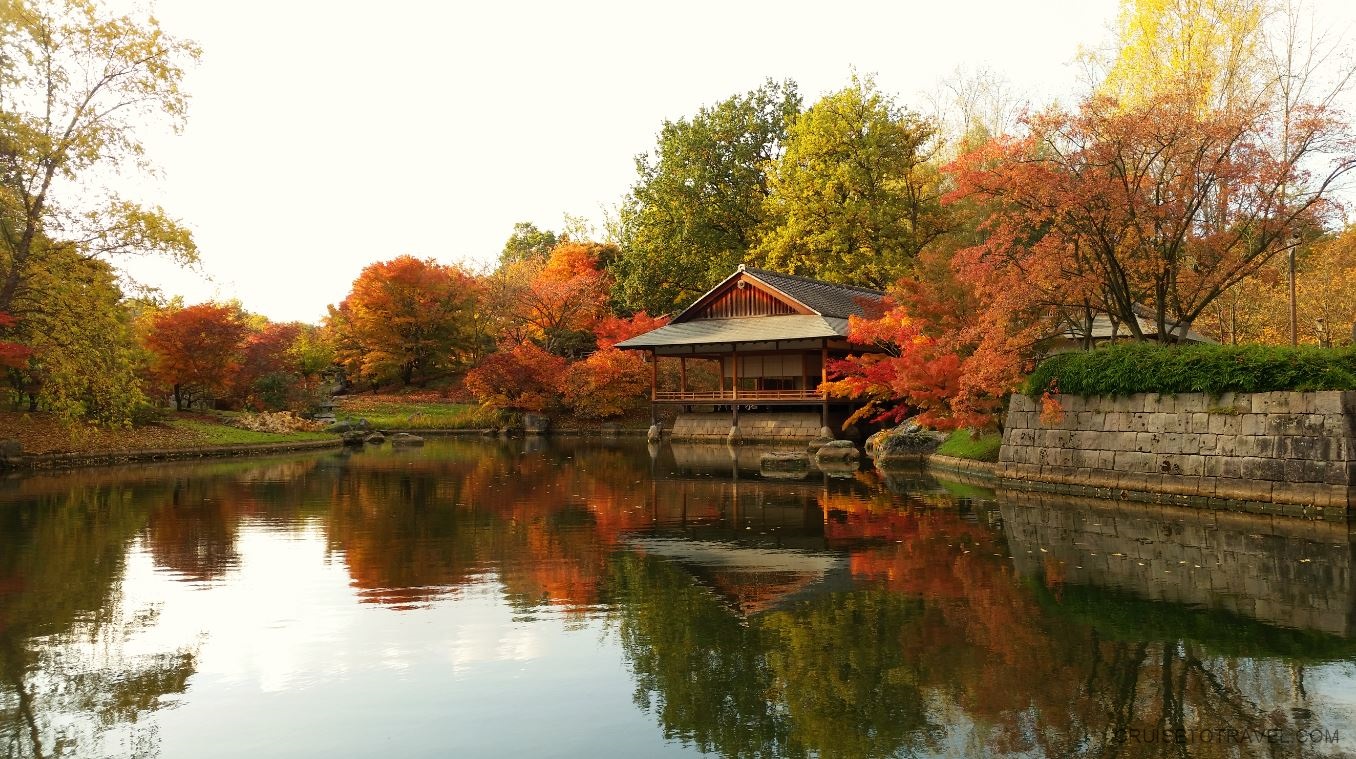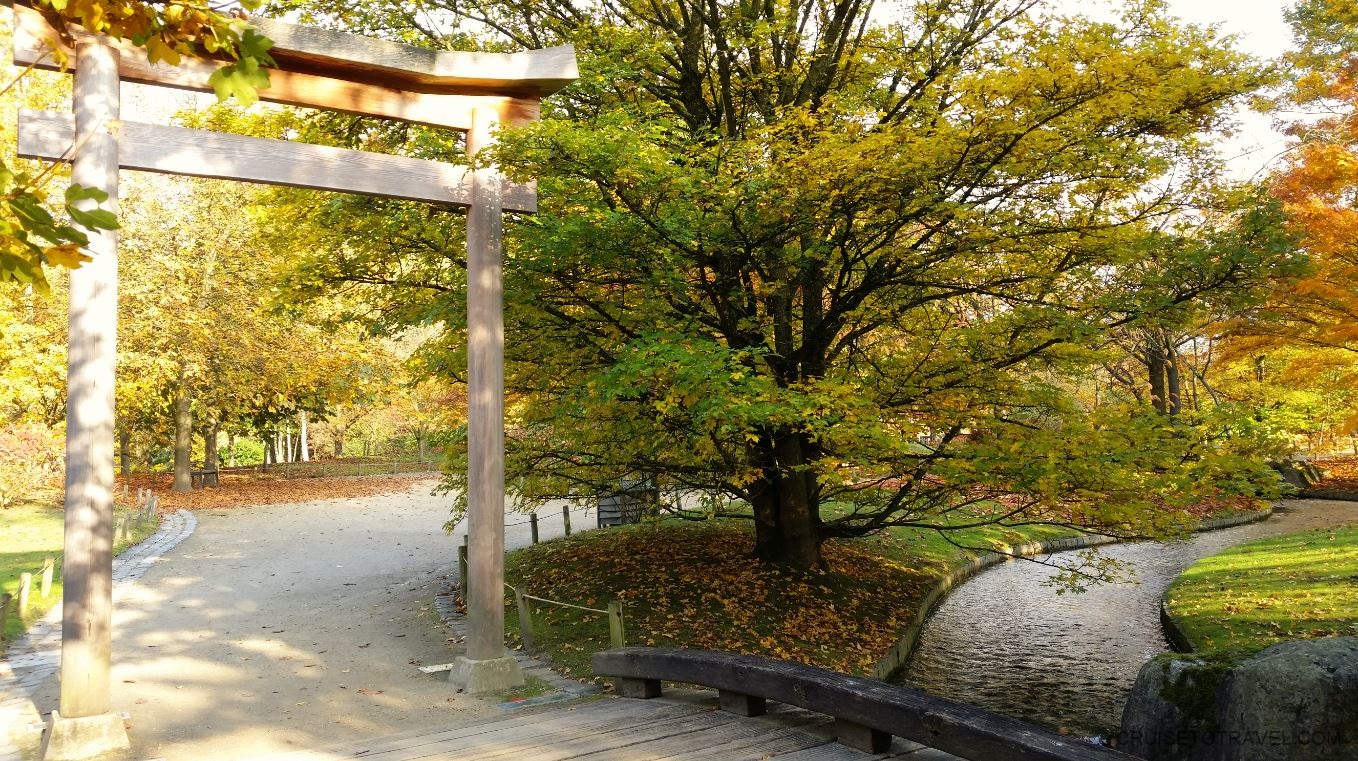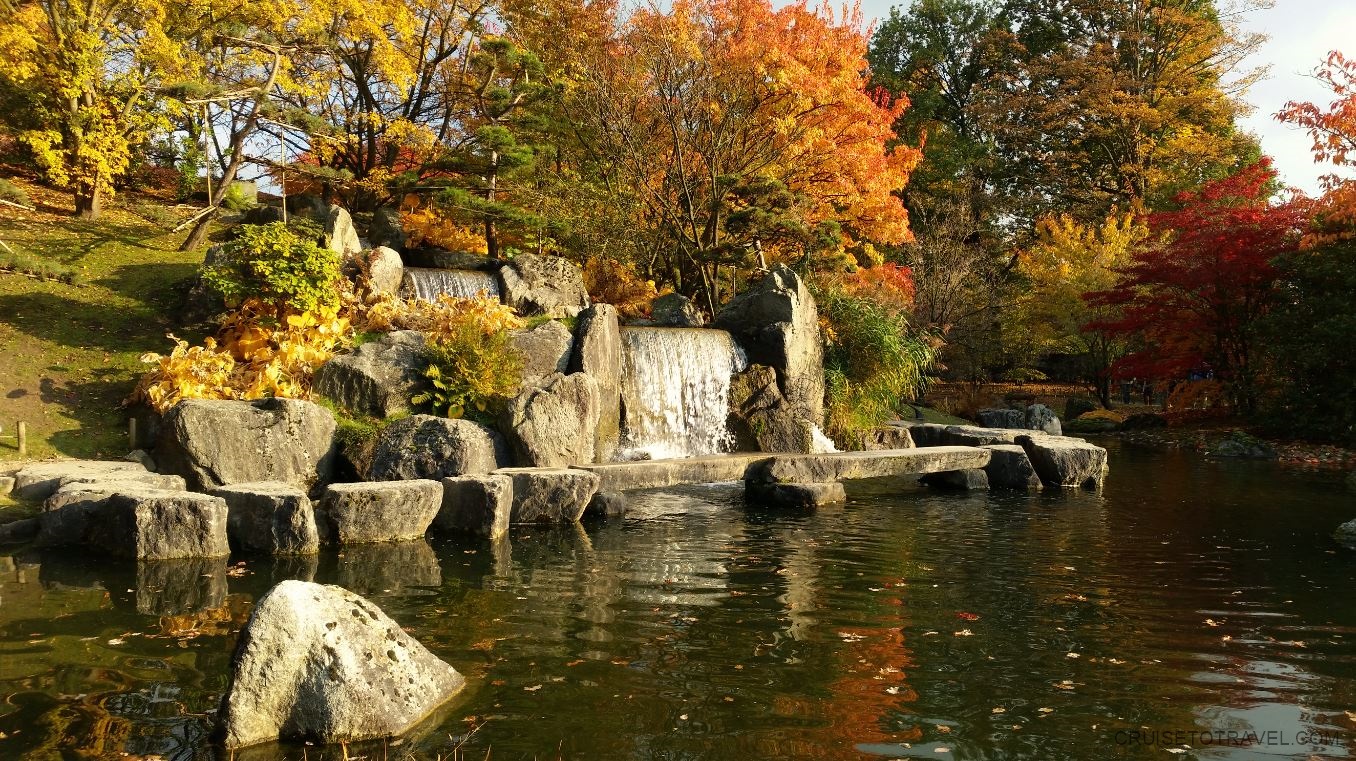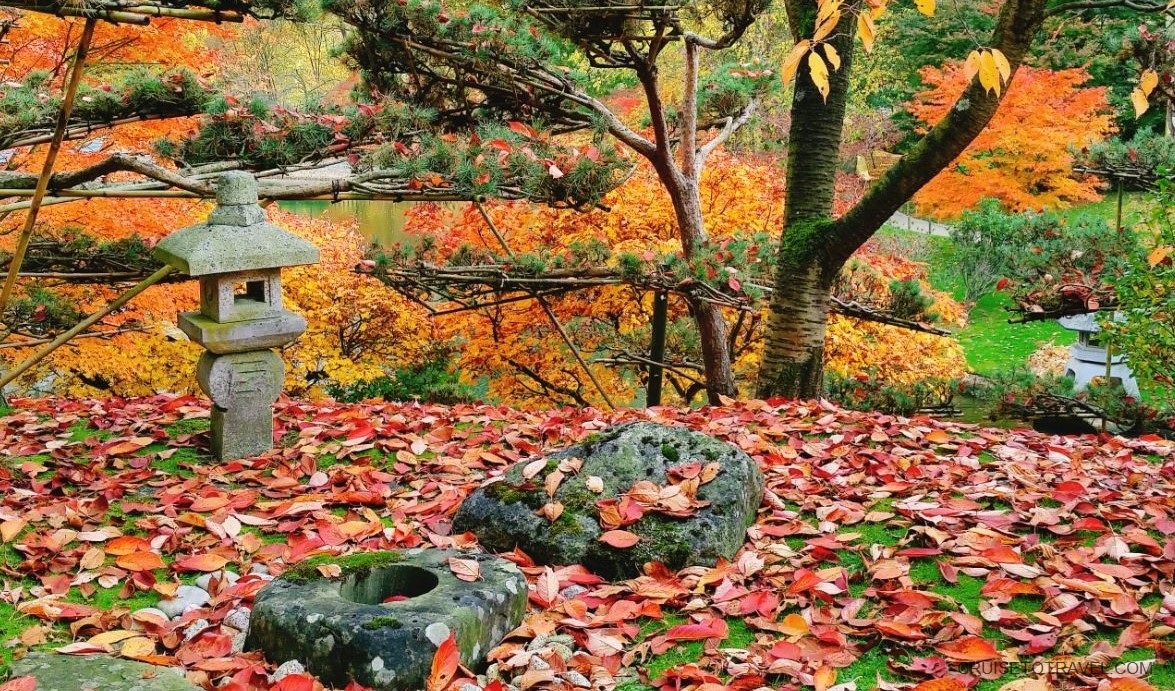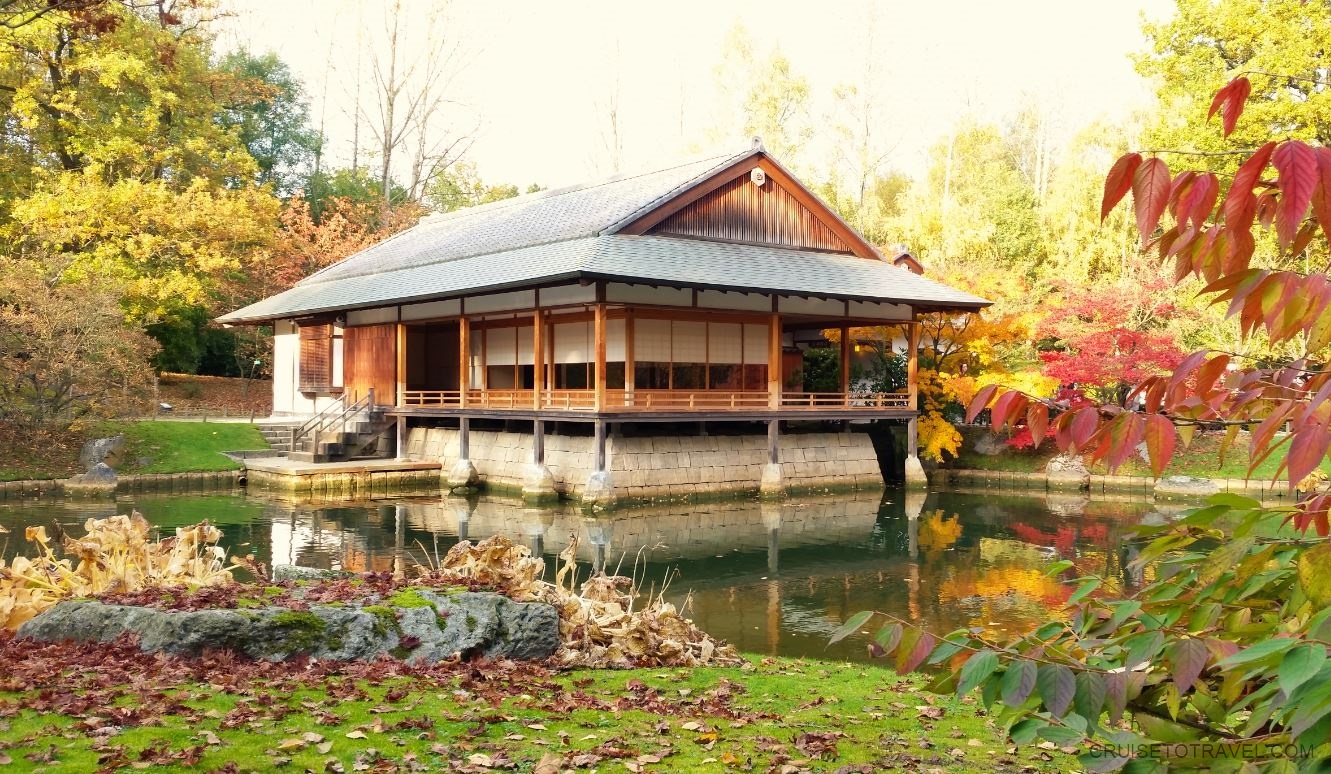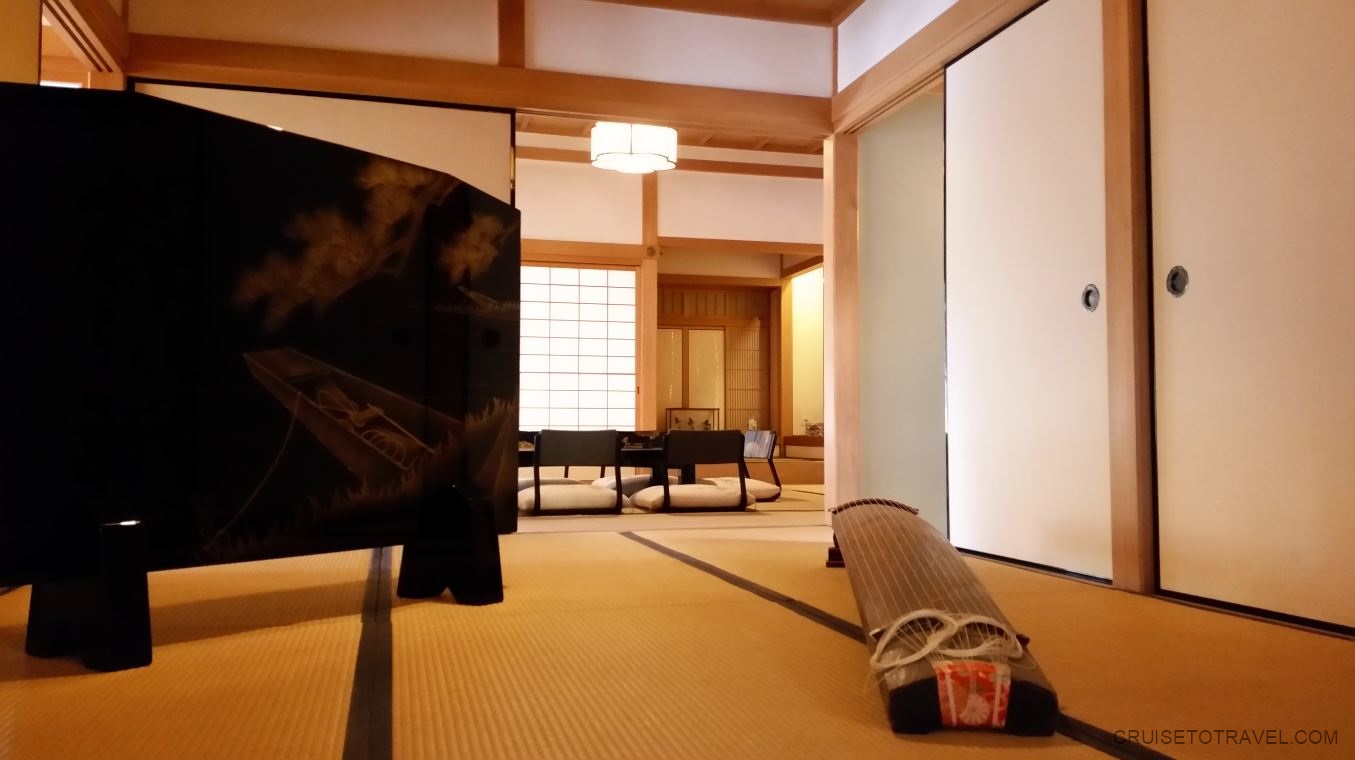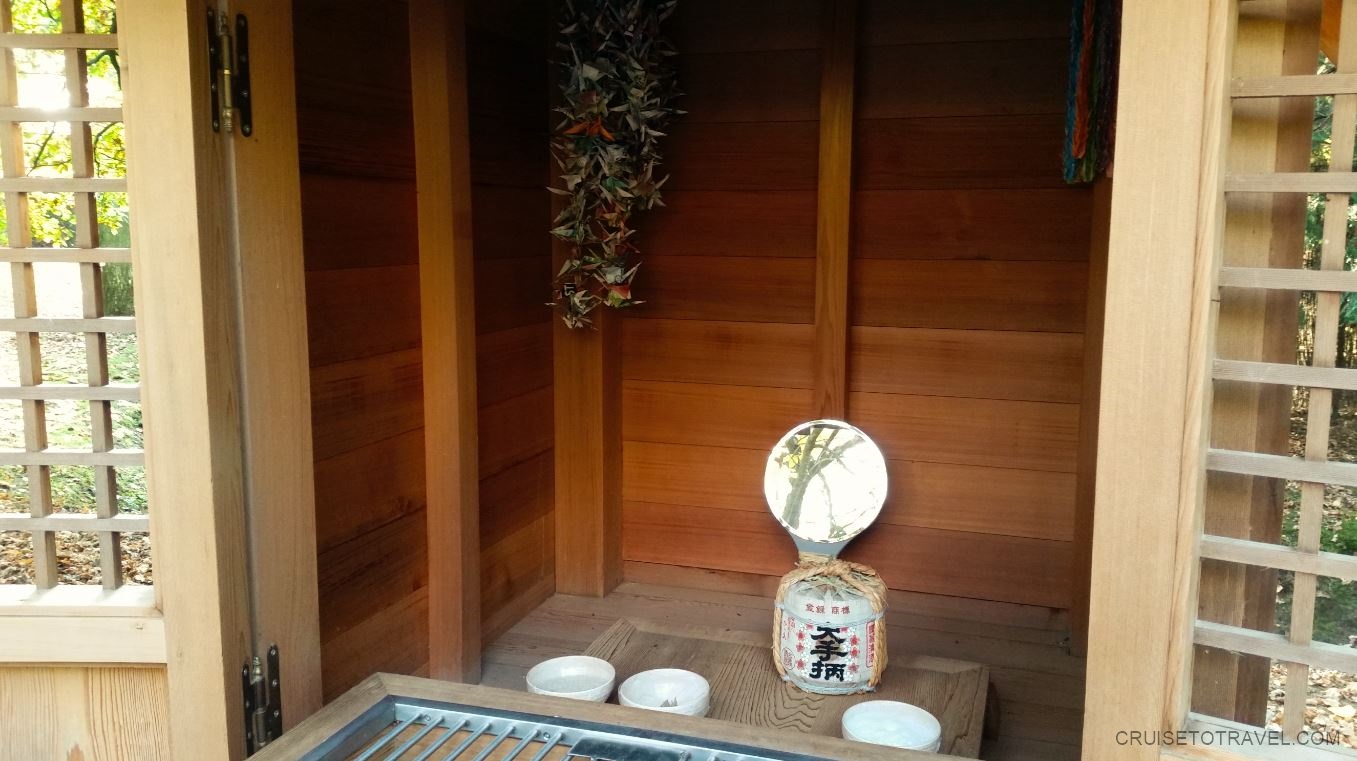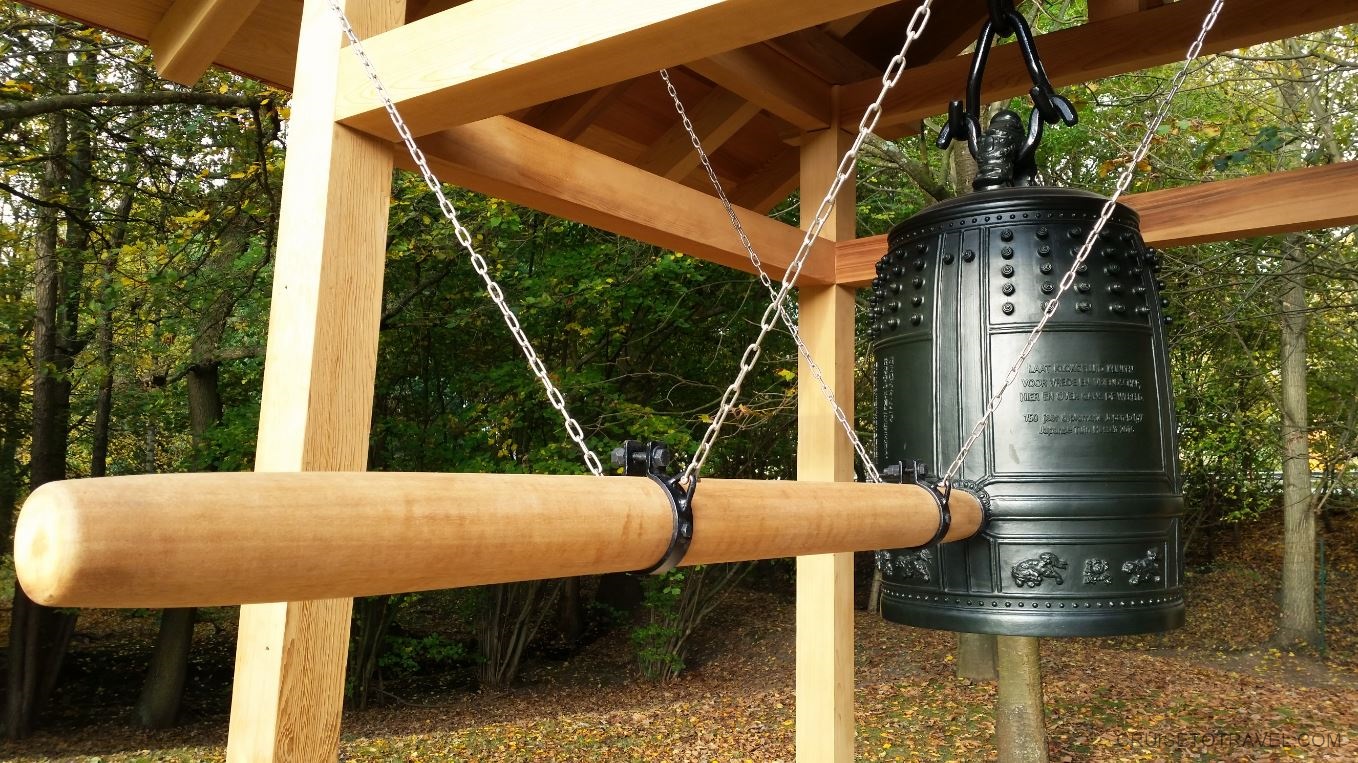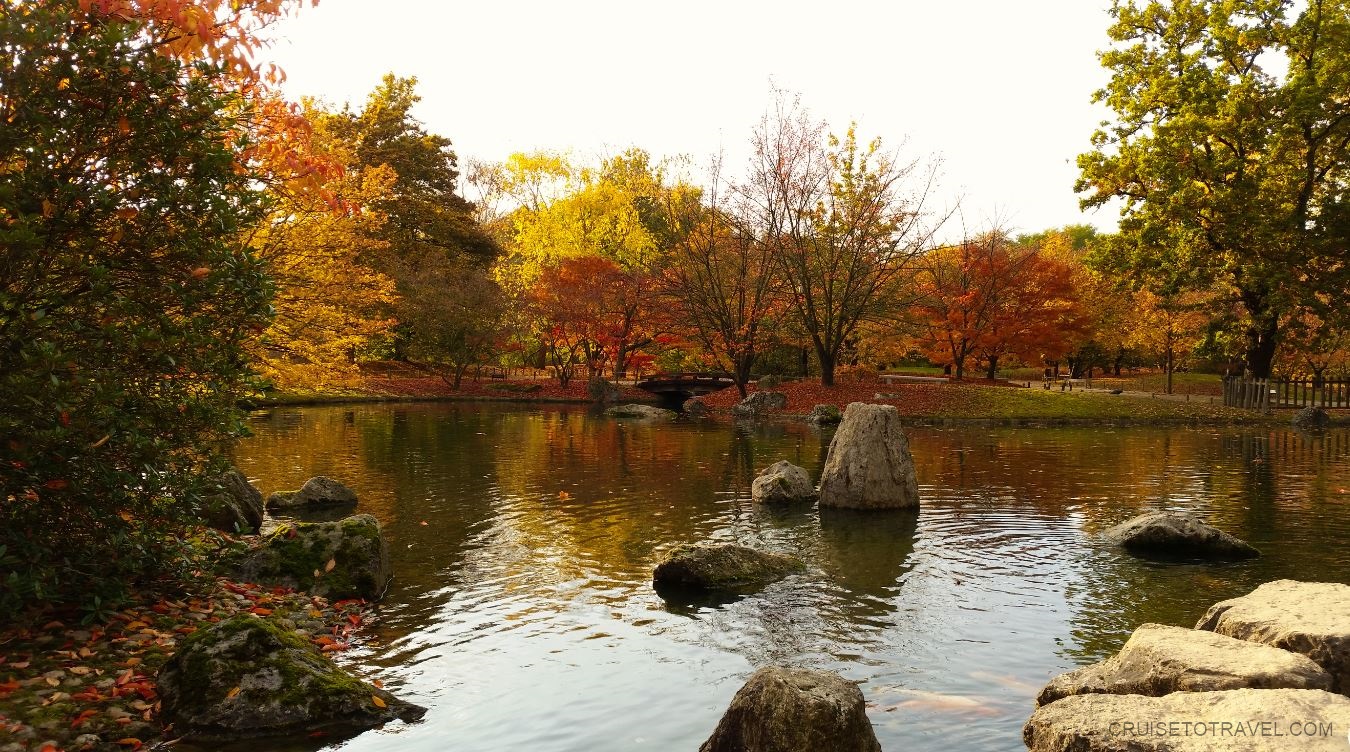One of the places that has been on our bucket list for years is Japan. Because we don’t have any immediate plans to hop on a plane (though there is a daily connection between Belgium and Japan), we found the perfect way to get a quick feel of the land of the rising sun.
Located about an hour’s drive from Brussels, Belgium, the Japanese Garden in Hasselt is a gift from the city of Itami, Japan, as a token of the continued friendship between the two cities.
Itami created the garden in 1992 offering the people of Hasselt the opportunity to get to know and experience Japanese culture and rituals.
As you enter the garden you walk across a wooden bridge and through the Torii, a tradional Japanese gate marking the entrance to a sacred space.
From here on a visit to the garden will be guided by the continous smooting sounds of flowing water.
The lake and waterfall in the garden symbolise life. As life starts wild near the waterfall it ends in peace the further away it gets from the waterfall,and just like humans, the water has no means of returning to its origins. A rock under the waterfall symbolises a Japanese Carp or Koi fish as he tries to jump up against the waterfall. Once he reaches the top he turns into a dragon, the most important creature on earth in ancient eastern culture.
Past the waterfall is the “Korokan” ceremonial house. Built with natural elements (wood, bamboo, clay and paper) it offers an idea of what a traditional Japanese house looks like.
Past the ceremonial house is a small Shinto shrine, used for the safekeeping of sacred objects.
Next to the shrine is a large bell, commemorating 150 years of Japanese-Belgian friendship. The writing on the bell reads: “let the ringing of the bell be heard for peace and friendship, here and all over the world”
A final look at the big lake as you walk back towards the exit of the park.
Located about 2 km from the city center, the Japanese Garden is perfect to walk around, sit back and relax, enjoy the view or simply listen to the sounds of the flowing water. On sundays there a guided tours and traditional tea demonstrations or ikebana, the Japanese art of flower arranging.
